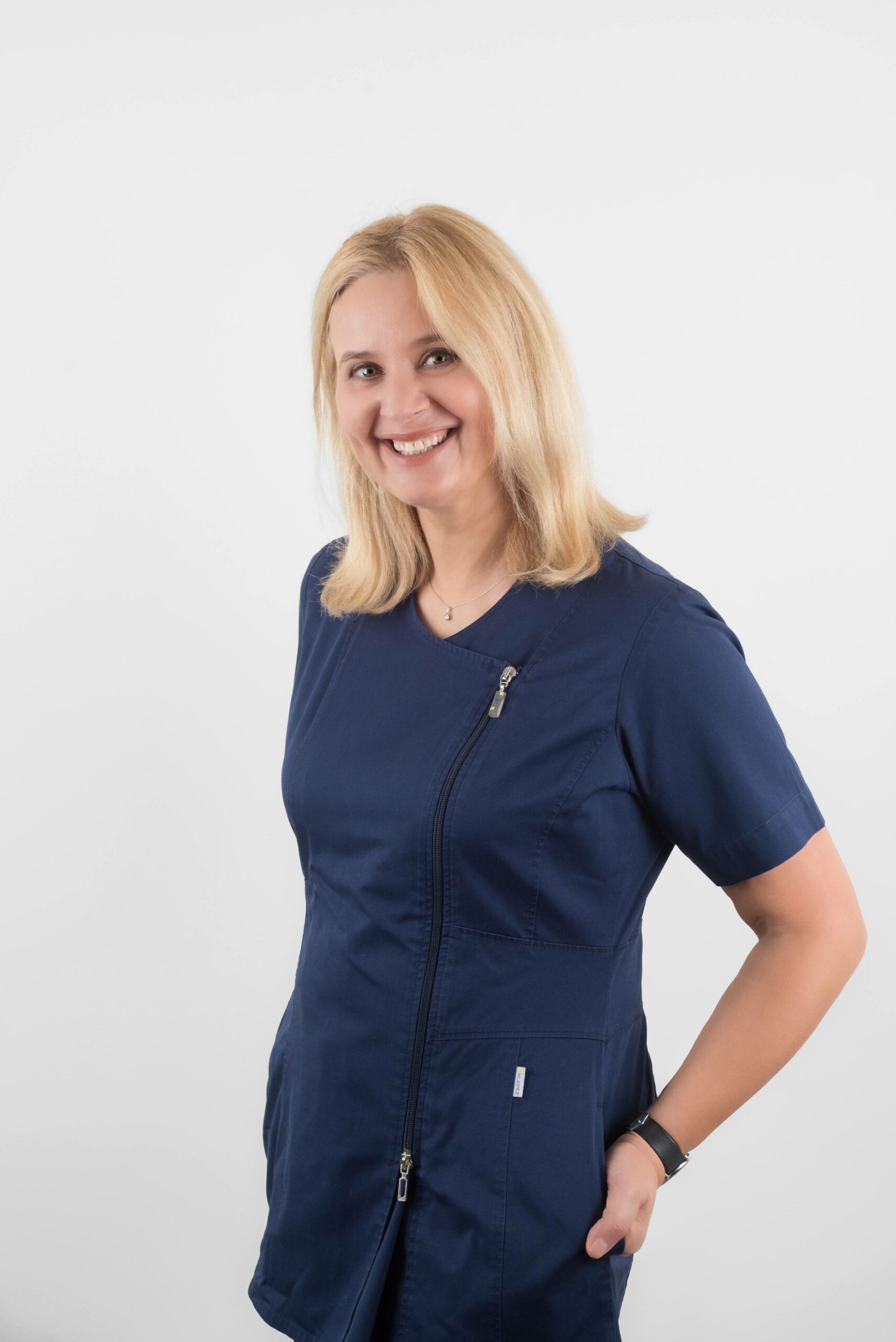A smooth, even complexion without blackheads and enlarged pores is one of the most important beauty criteria. However, nowadays it is difficult to have such a complexion, because the pace of life, stress, pollution, poor nutrition – all these things have a negative impact not only on our well-being, but also on our skin. Our clinic offers ultrasonic facial cleansing, which will help your skin to meet the beauty criteria and make you feel better.
Ultrasonic facial cleansing is a deep cleansing of the face using ultrasonic waves to cleanse the pores of the face without pressing the skin mechanically.
Ultrasound waves are mechanical oscillations of the medium at different frequencies and amplitudes that act on the epidermis. The ultrasound source mechanically acts on the tissues in contact with it by means of high frequency oscillations. Tissue pressure changes and micro-vibration takes place, which is comparable to a micro-massage at the cellular level.
The cleansing process involves pre-wetting the skin with a dedicated substance or water. During the procedure, the skin is cleansed of the stratum corneum and dirt, grease and comedones are washed away from sweat and sebaceous glands. After cleansing, the pores shrink, the skin’s relief is smoothed, blood vessels dilate, blood circulation and cellular hydration are improved. The skin is left clean, clear and free of redness. The ultrasonic facial cleansing procedure is painless.

What results can I expect after the treatment?
The ultrasonic facial creates high-speed oscillations and uses low-frequency sound waves to cleanse the skin, leaving it smooth, fresh and properly prepared for the use of other products. The treatment is stimulating, soothing, hydrating, non-invasive and safe for all skin types. As with most other facial treatments, the visible results of the ultrasonic cleansing procedure may vary slightly from individual to individual, but after the ultrasonic facial:
- Improves collagen and elastin production. These are essential components for maintaining skin firmness and elasticity. The production of these components decreases with age. This is also influenced by ultraviolet rays, smoking and other negative factors. These factors cause the skin to age faster and cause wrinkles;
- Improved facial muscle tone, resulting in a slight tightening of the facial skin (lifting effect);
- regulation of sebum production. This eliminates excess shininess and reduces the risk of rashes and acne;
- improved skin tone, smoother, healthier-looking skin;
- renewal of the surface layer of the skin, resulting in a softer, smoother complexion;
- tightening of enlarged skin pores, removal of comedones (blackheads).
What is ultrasonic facial cleansing good for?
Sensitive skin. Ultrasonic facial cleansing is an excellent choice for patients with sensitive skin or rosacea, as the procedure is completely non-irritating. In addition, during this procedure, the aesthetician also applies nourishing, moisturising cosmetic products specifically for sensitive skin, which are introduced into the deeper layers of the skin to increase their effectiveness.
For mature skin. Ultrasound helps to stimulate and stimulate the production of collagen and elastin, thus reducing the appearance of fine lines. Ultrasonic cleansing also promotes better absorption of cosmetic products, resulting in better moisture retention. A puffy and tired complexion is replenished, clear and healthy.
For the treatment of acne. Ultrasonic cleansing cleans pores and removes other impurities, oil and dead skin cells. This treatment is very effective in removing comedones (blackheads).
Ultrasonic facial cleansing is versatile as it is suitable for all skin types and for treating or improving various skin conditions.
Ultrasonic facial cleansing is not recommended:
- During pregnancy;
- during fever;
- immunological and infectious diseases;
- tuberculosis;
- oncological diseases;
- skin tumours;
- in case of intoxicating blood diseases;
- ischaemic heart disease;
- cardiac pacemakers;
- thrombophlebitis;
- diseases of the central nervous system, inflammation of the trigeminal nerve;
- if the patient has very low or high blood pressure;
- endocrine diseases.
